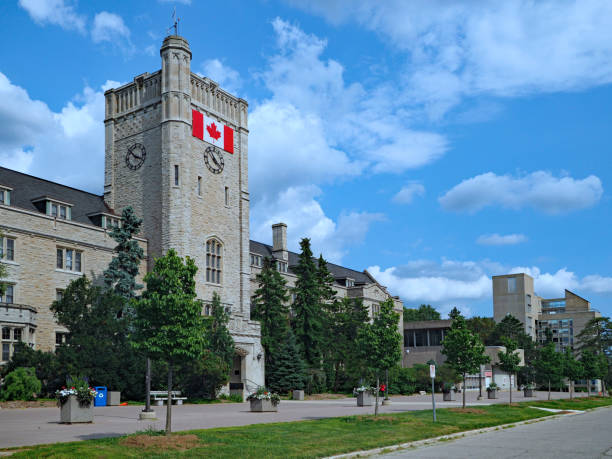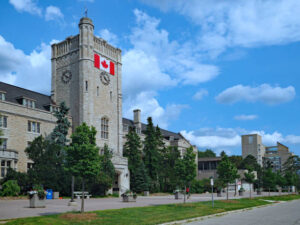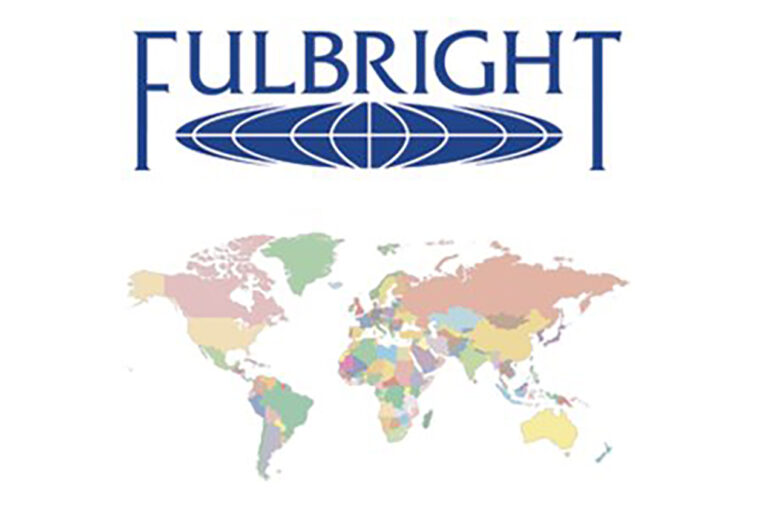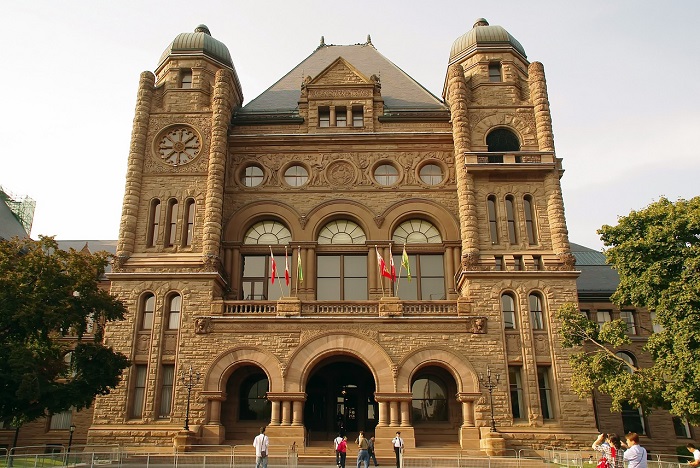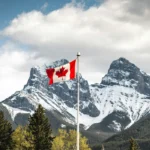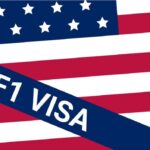Canada is actively prioritizing high-skilled international talent through its graduate programs. The recent policy shifts, particularly those taking effect in January 2026, create a distinct advantage for Master’s and Doctoral applicants while imposing new requirements on all students.
This guide provides the definitive, actionable roadmap for prospective postgraduate students, focusing on the changes to the Post-Graduation Work Permit (PGWP) and study permit application process.
1. Primary Benefit: Guaranteed 3-Year PGWP
The most compelling incentive for graduate-level study remains unchanged:
All Master’s and Doctoral (PhD) degree graduates are guaranteed eligibility for the maximum 3-year PGWP, irrespective of the length of their specific study program (e.g., even for a 12-month program).
This three-year open work permit provides the necessary time and flexibility to qualify for most of Canada’s economic permanent residence streams (like Express Entry). Furthermore, graduate-level programs remain exempt from “field-of-study” restrictions applied to other education levels.Canada Visa – Complete Guide to Applications and Stress-Free Process
2. Study Permit Application: The January 2026 Policy Pivot
Starting in the 2026 intake cycle, the application process for postgraduate students is streamlined for those attending public institutions.
A. The Provincial Attestation Letter (PAL) Exemption
Effective January 1, 2026, the following students are exempt from the PAL requirement:
- Students applying for admission to a Master’s degree program at a public Designated Learning Institution (DLI).
- Students applying for admission to a Doctoral (PhD) program at a public DLI.
This exemption removes the major administrative hurdle imposed by the new national cap, effectively signaling the government’s priority for high-level academic talent in public universities.
- Note: If you are accepted into a Master’s or Doctoral program at a private DLI, you are still required to obtain a PAL from the province or territory before applying for your study permit.
B. Expedited Processing for Doctoral Candidates
Beginning January 1, 2026, IRCC will prioritize the processing of study permit applications for PhD students:
- 14-Day Service Standard: Study permit applications submitted online by Doctoral candidates applying from outside Canada will be processed with a new, targeted 14-day processing standard.
- Family Inclusion: This expedited service is also extended to accompanying family members (spouses/common-law partners and dependent children) provided their applications are submitted concurrently with the PhD candidate’s study permit application.Credential Recognition & Foreign Degrees in Canada: How It Works
C. Updated Financial Requirements
To ensure students can afford life in Canada, the minimum financial proof required has been significantly raised:
- Proof of Funds: You must demonstrate sufficient funds to cover your tuition plus at least CAD $20,635 for living expenses for the first year. This figure is indexed annually and must be verified against the official IRCC website.
3. Post-Graduation Requirement: CLB 7 Language Score
This rule is mandatory for securing your PGWP and should be a focus during your studies.
Requirement: If you applied for your study permit on or after November 1, 2024, you must demonstrate a minimum language proficiency when you apply for your PGWP after graduation.
- Minimum Benchmark: Graduates must meet a minimum level of Canadian Language Benchmark (CLB) 7 in English or Niveaux de compétence linguistique canadiens (NCLC) 7 in French in all four language skills (reading, writing, listening, and speaking).
- Proof: This is demonstrated upon PGWP application using designated tests such as CELPIP General, IELTS General Training, or PTE Core.Best Provinces to Immigrate to Canada in 2025 (With Jobs & Lifestyle)
4. Spousal Open Work Permit (SOWP) Eligibility
Eligibility for the SOWP remains linked to the principal applicant’s program duration:
- PhD Students: Spouses of Doctoral students remain fully eligible for the SOWP, regardless of the program length.
- Master’s Students: Spouses of Master’s students will only qualify for an SOWP if the Master’s program is certified by the DLI as being at least 16 months long.
5. Action Plan: Key Steps for 2026 Applicants
| Phase | Step | Requirement (2026 Rules) |
|---|---|---|
| Pre-App | 1. Choose Program & DLI | Target a Master’s or PhD at a public DLI to ensure PAL exemption. |
| Pre-App | 2. Prepare Finances | Ensure funds cover tuition plus the new minimum living expense of $\approx \$20,635$ CAD. |
| Pre-App | 3. Language Prep | Start preparing for a CLB 7 language test (like CELPIP/IELTS General), as this is mandatory for your future PGWP. |
| Permit | 4. Submit Study Permit | Apply online. If Master’s/PhD at a public DLI, skip the PAL. PhD applicants get 14-day fast-track processing. |
| Study | 5. Maintain Compliance | Remain continuously enrolled, make academic progress, and adhere strictly to all work limits. |
| PGWP | 6. Apply for PGWP | Apply within 180 days of program completion. Crucially, include CLB 7 proof (if study permit was applied for after Nov 1, 2024). |
Summary of 2026 Advantages
The January 2026 changes cement Canada’s strategy to attract high-value talent: Master’s and PhD students at public institutions benefit from PAL exemption and, for PhDs, expedited 14-day processing. However, these benefits are balanced by the non-negotiable requirement to achieve a CLB 7 language score before applying for the guaranteed three-year PGWP.
Start preparing for your language exam now to ensure a seamless transition from student to full-time worker in Canada. Let me know if you would like to dive deeper into the CLB 7 language requirements or discuss strategies for securing the SOWP for your spouse.
